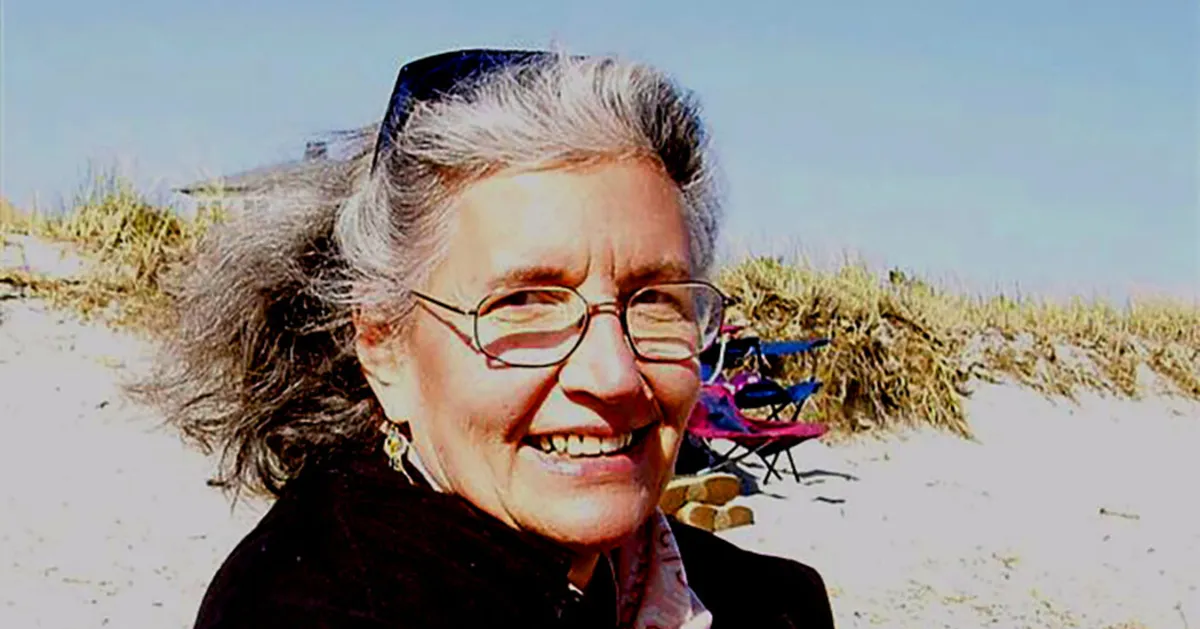
Norma Swenson dedicated her life to empowering women by educating them about childbirth and advocating for their right to choose how they delivered their babies. Her journey took a significant turn in the early 1970s when she met the members of the collective responsible for creating the groundbreaking feminist health book, “Our Bodies, Ourselves.” This seminal work has become a cornerstone of women's health literature, and its origins are deeply intertwined with Swenson’s efforts.
In approximately 1970, while Swenson was conducting a meeting in her hometown of Newton, Massachusetts, she experienced a pivotal moment that would shape her activism. During this meeting, a woman in attendance harshly criticized her, declaring, “You are not a feminist, you’ll never be a feminist, and you need to go to school!” Reflecting on this encounter in a StoryCorps interview in 2018, Swenson recalled feeling both stricken and motivated to expand her knowledge. “I needed to know more things,” she acknowledged, recognizing the importance of continuous learning in her journey.
Despite the initial criticism, Swenson was no stranger to the medical establishment and its often paternalistic approach. She had firsthand experience of this bias during the birth of her daughter in 1958. At that time, only 6 percent of incoming medical students were female, highlighting the significant gender disparity in the field. Swenson understood the detrimental effects that condescending behavior from male doctors had on women’s health, which further fueled her commitment to advocating for women’s rights in healthcare.
After the initial tension dissipated, the members of the Boston Women’s Health Book Collective recognized Swenson's passion and invited her to join their group. This collaboration proved transformative; together, they helped shape “Our Bodies, Ourselves” into a global bestseller. Swenson’s contributions to the book and the collective's mission significantly impacted women’s health education and advocacy.
Norma Swenson continued her work in women’s health for over fifty years, leaving an indelible mark on the field. Her dedication to educating women and advocating for their rights paved the way for future generations. Sadly, Swenson passed away on May 11 at her home in Newton at the age of 93, with cancer as the cause, as confirmed by her daughter, Sarah Swenson.
Swenson’s journey serves as a reminder of the power of education, advocacy, and the importance of women’s voices in the healthcare system. Her legacy lives on through the countless women who have benefited from her work and the ongoing conversations about women’s health and rights.